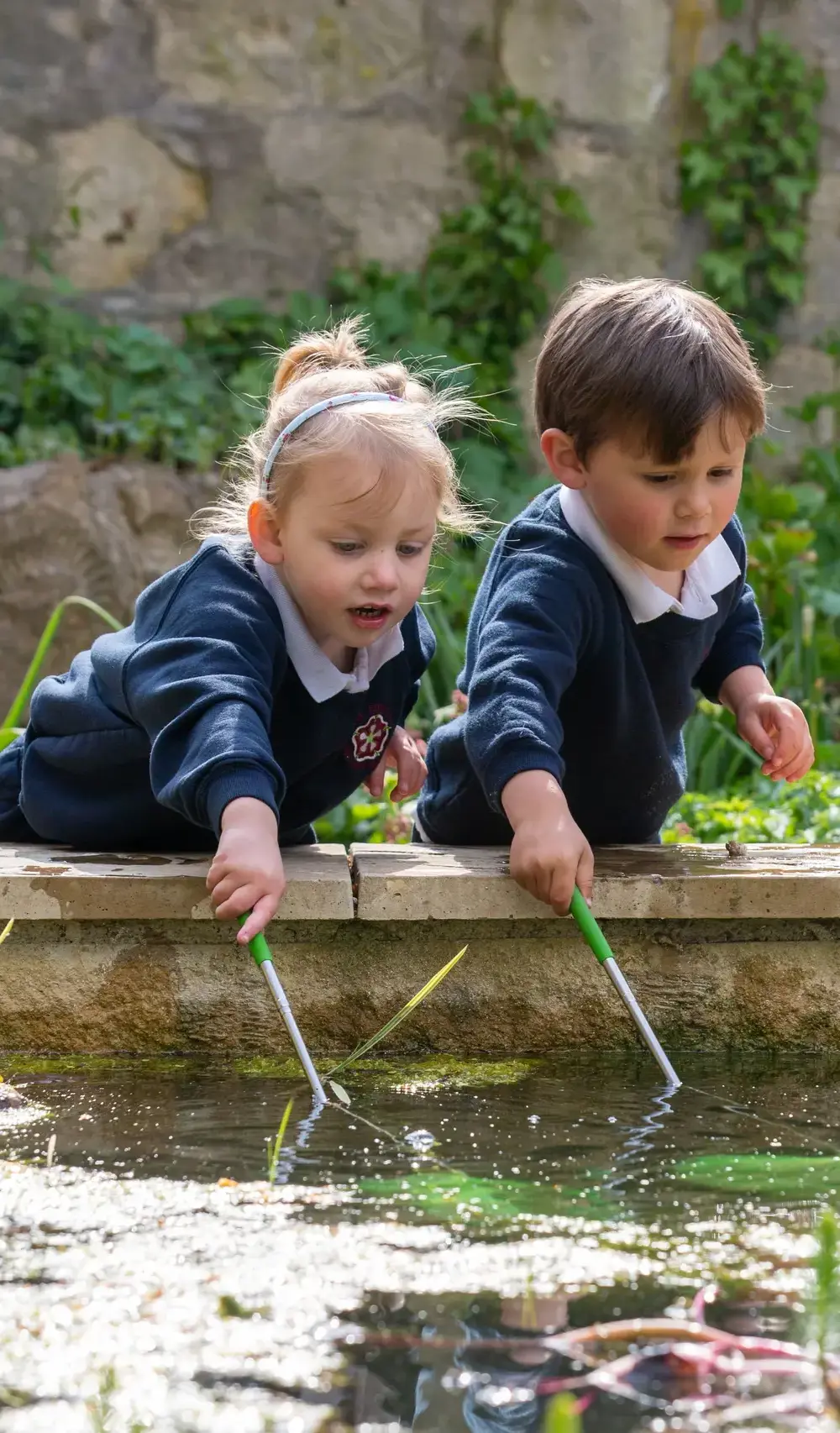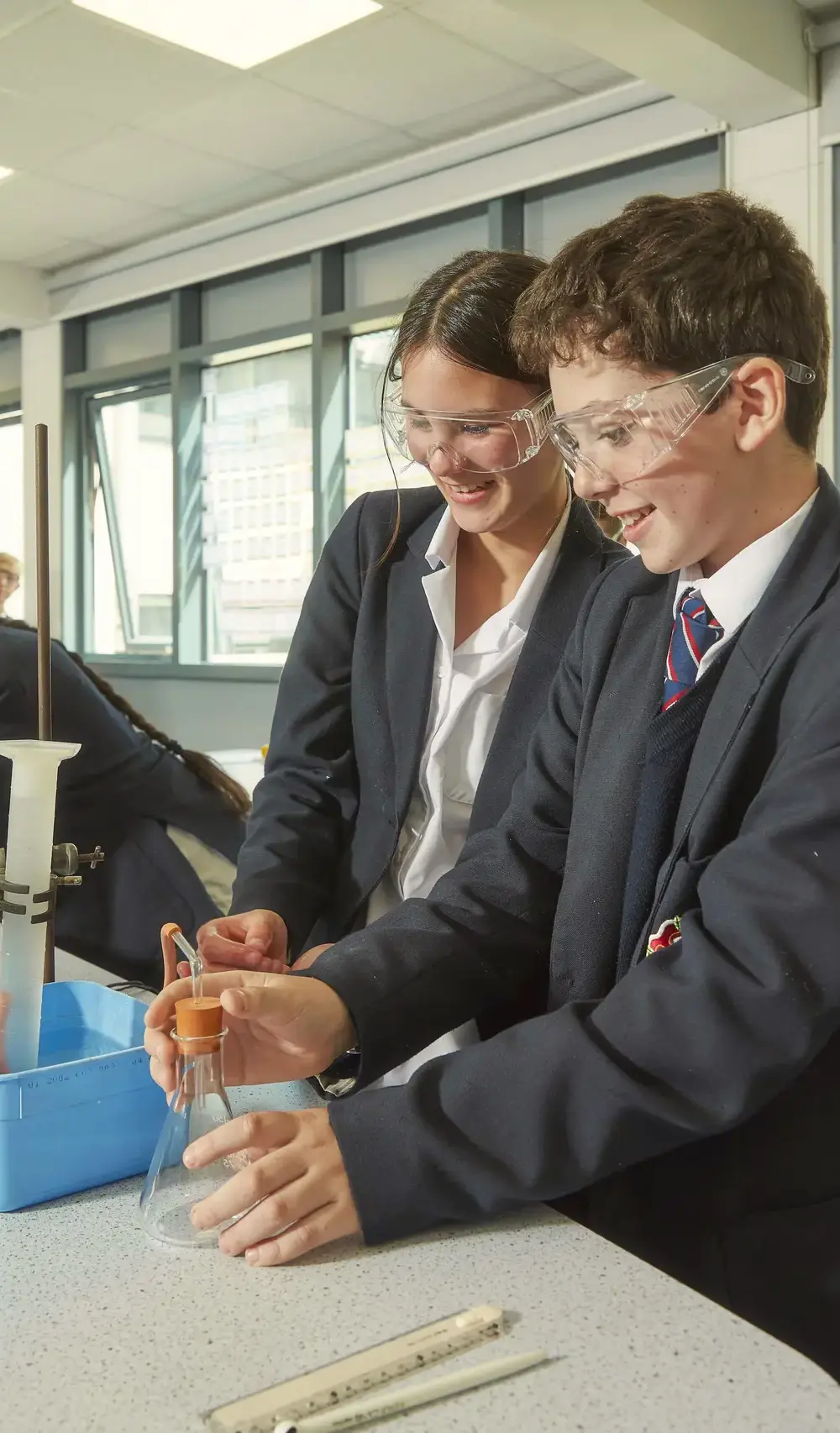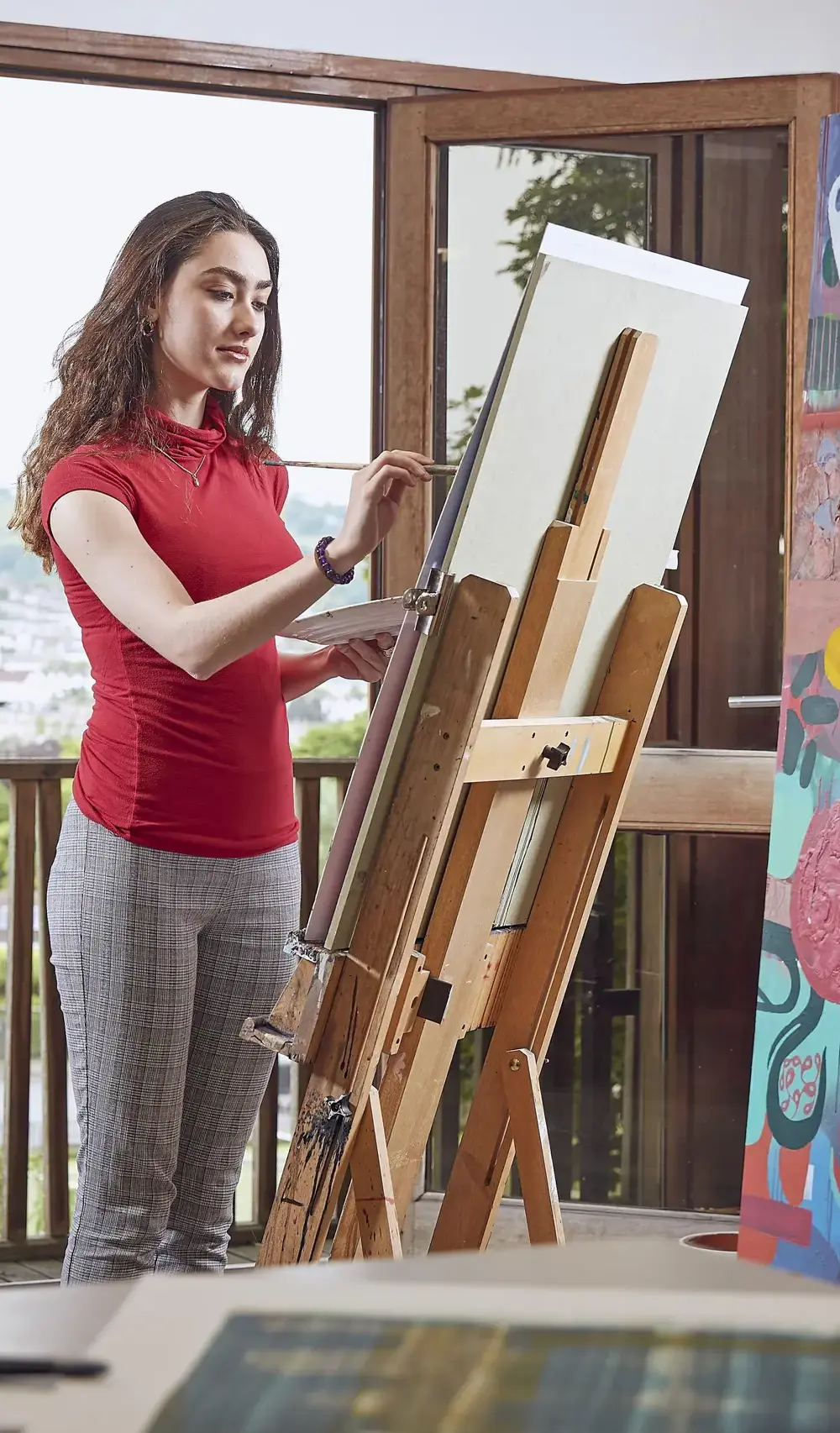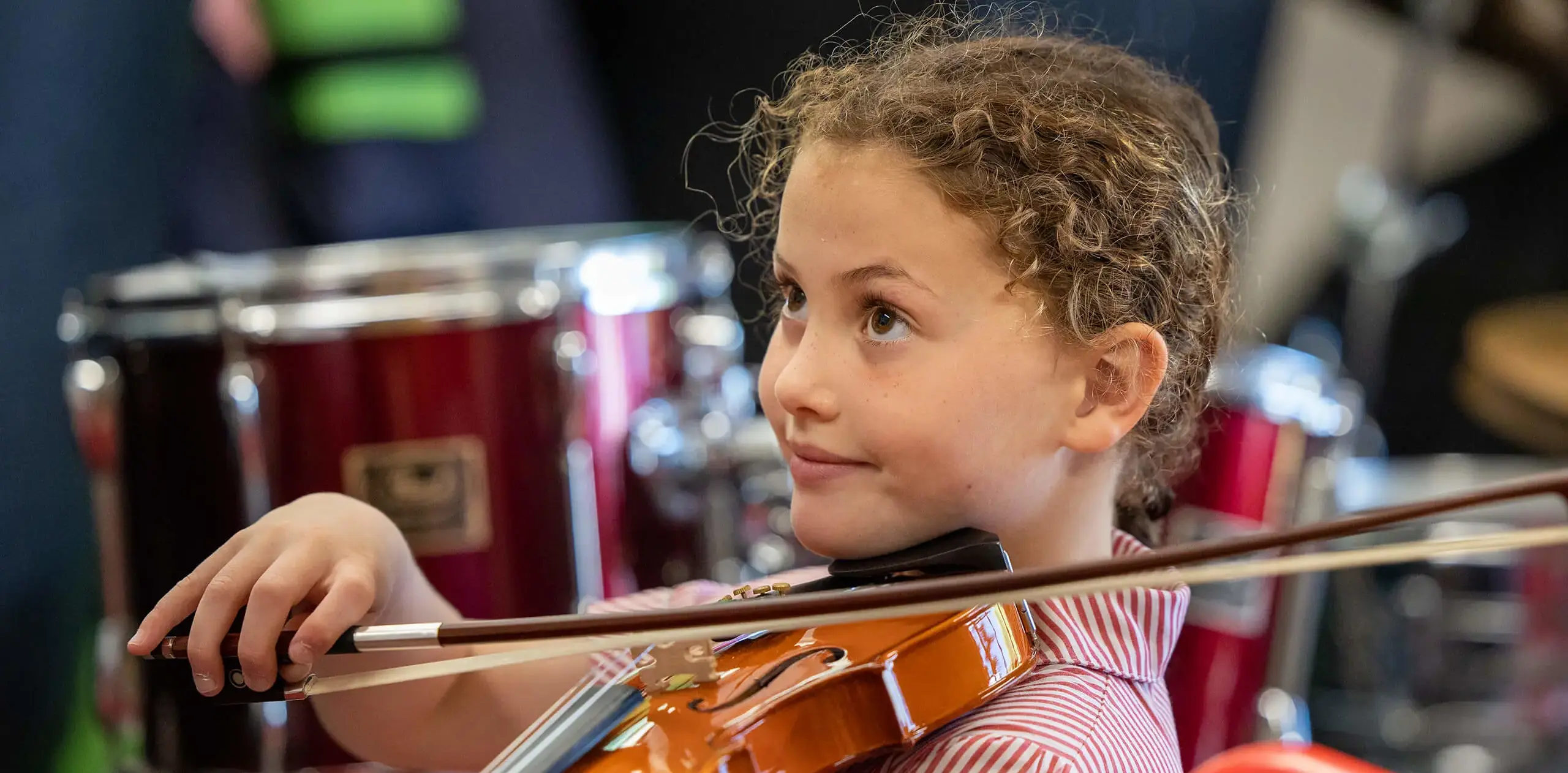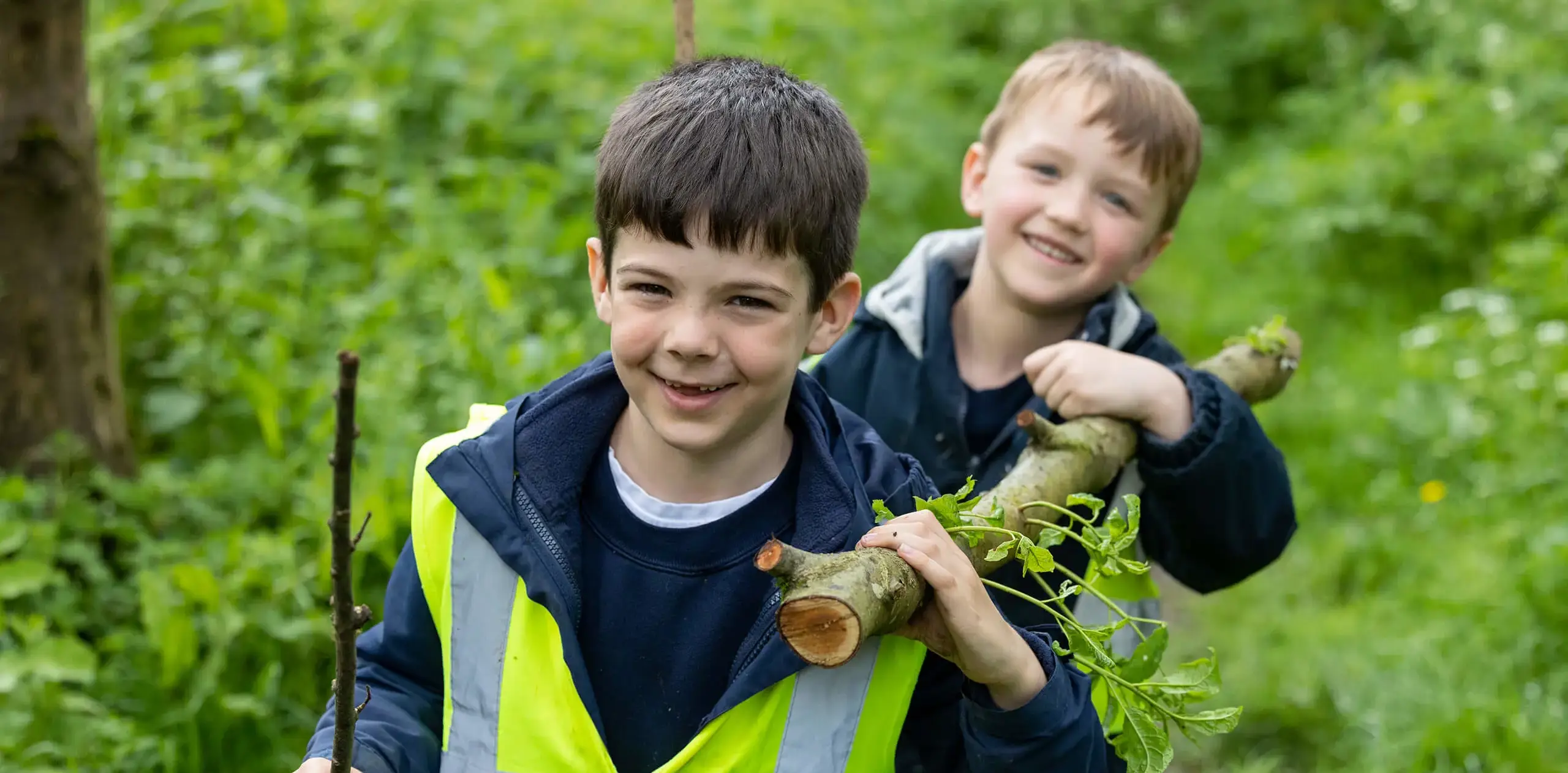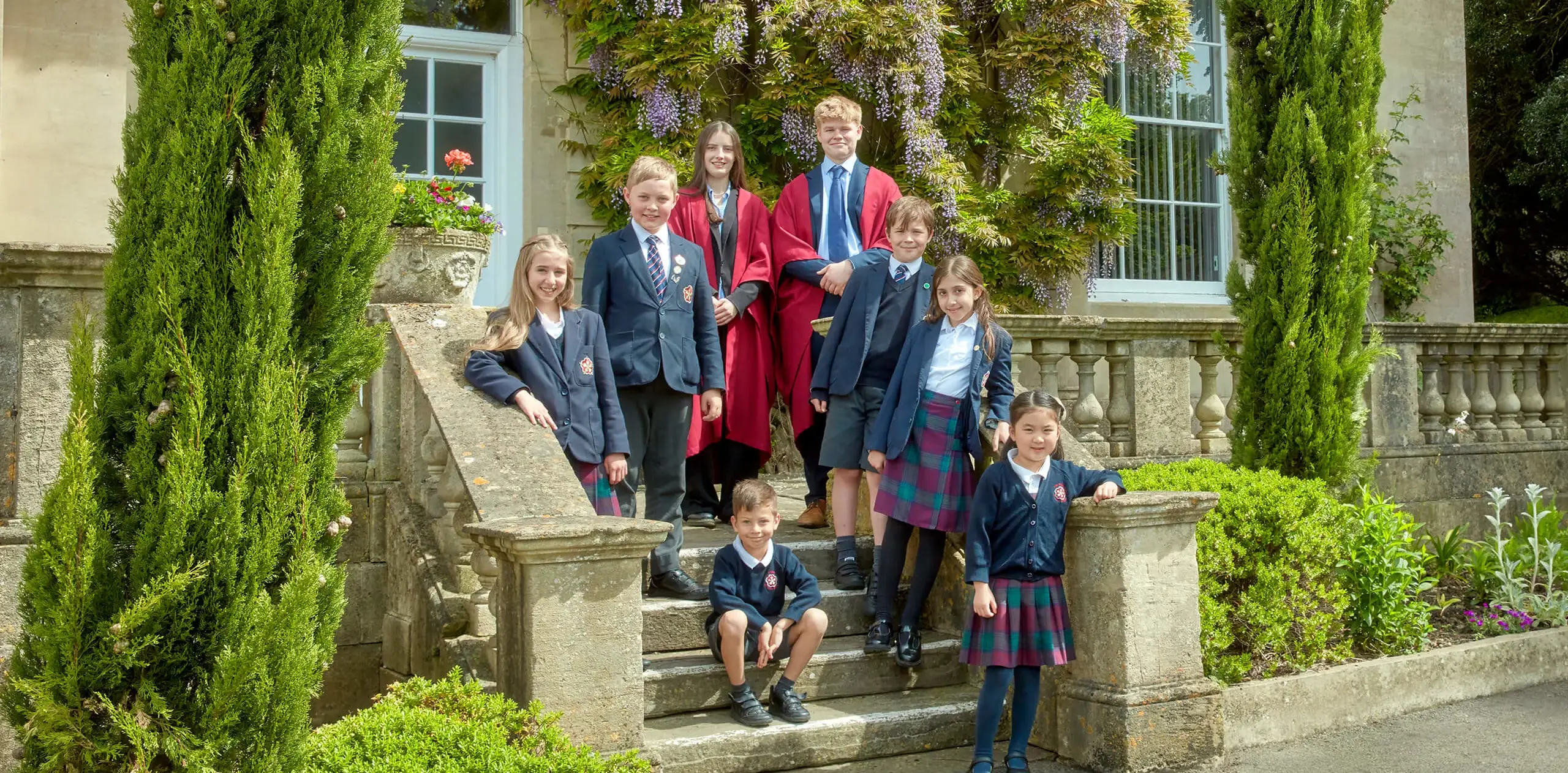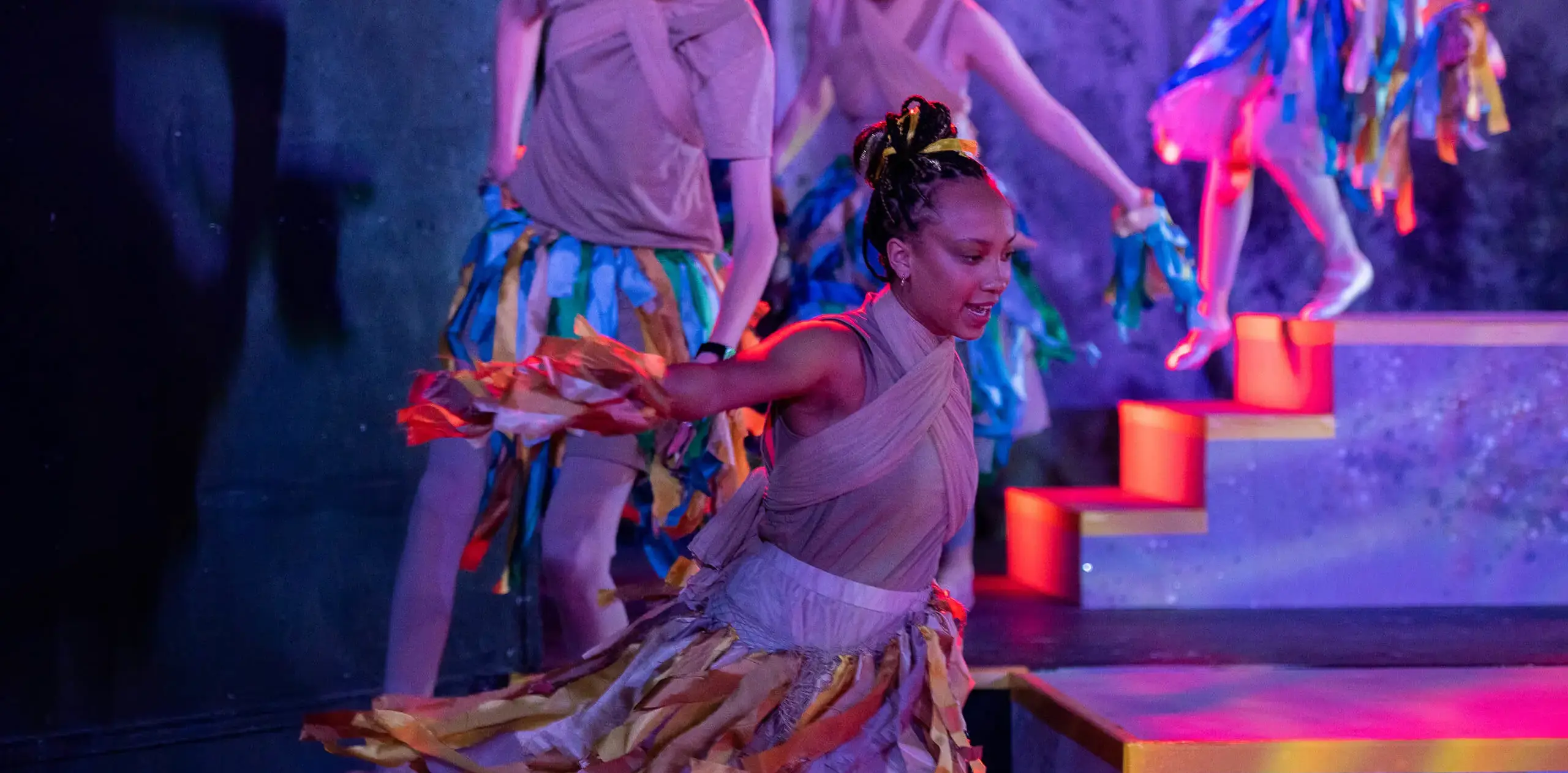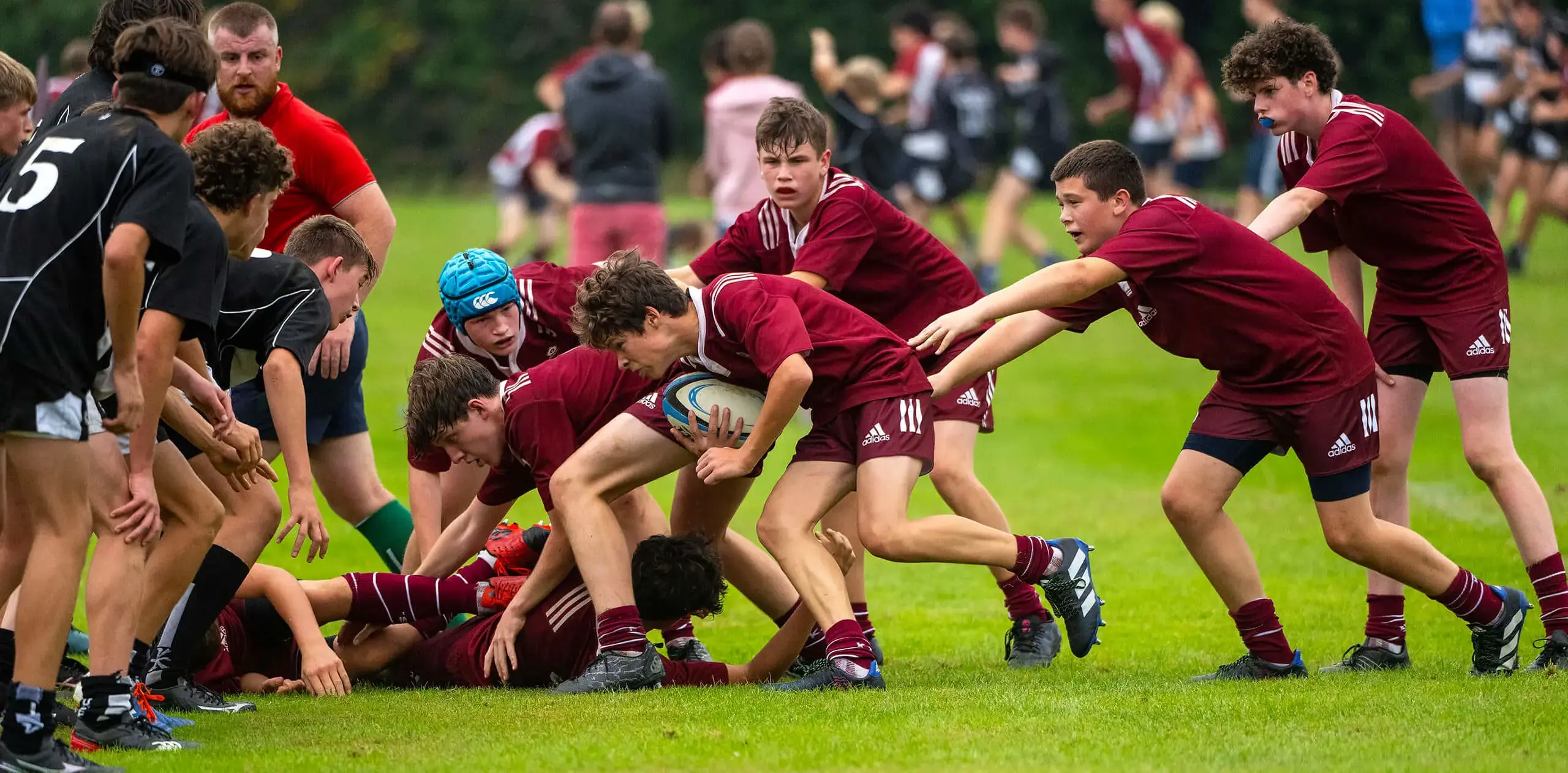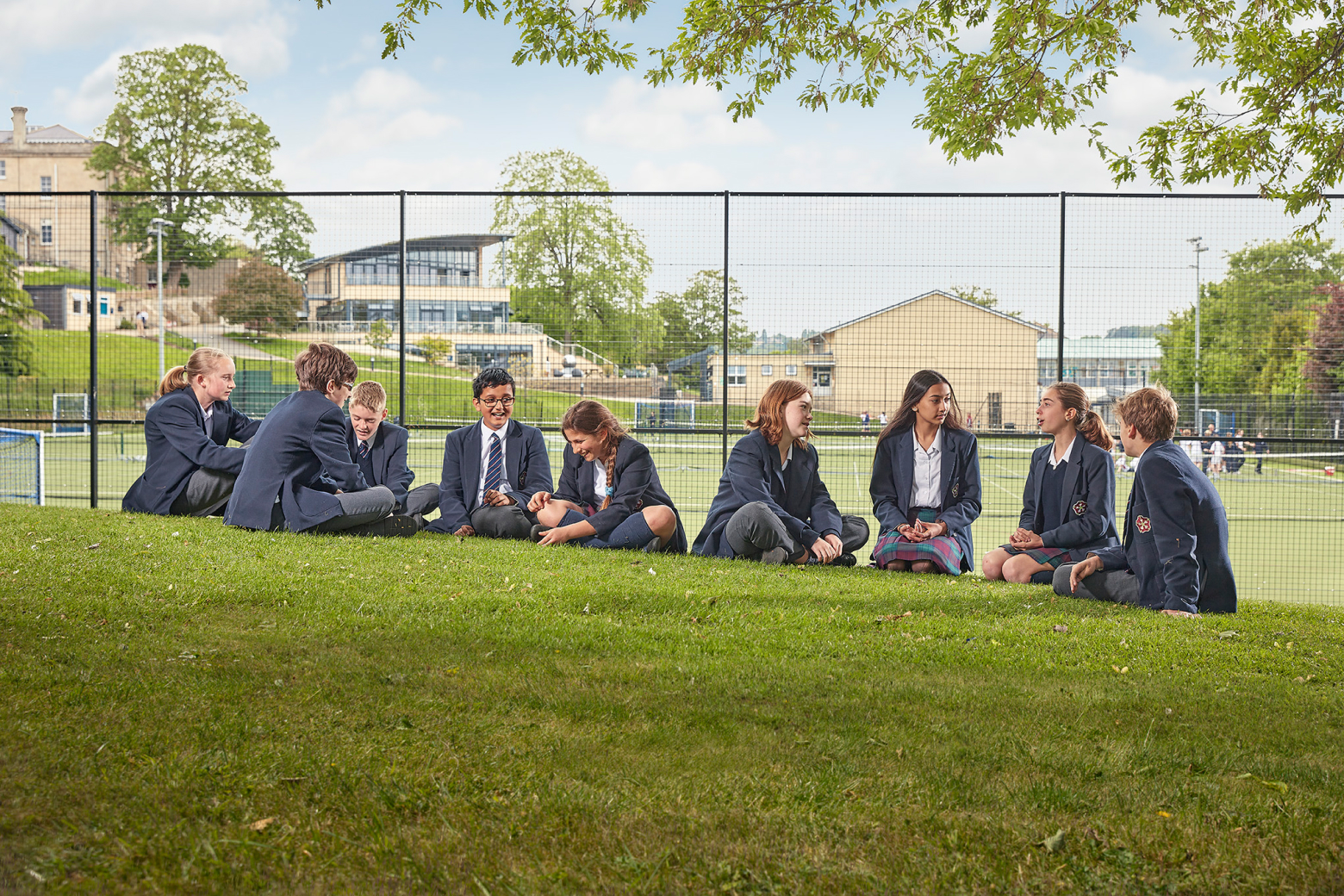 News from KES
News from KES
-
Mon, 08 Jul 2024
Dual Classics Competition Success
Many congratulations to Megan Power (Year 12), who has won the 17-18yr category in the Oxford Classics Creative Writing Competition.
-
-
Sat, 06 Jul 2024
Charity Fundraising This Summer
What a busy half term this has been for KES Charities. We had a parachute jump, a sponsored walk, cake and doughnut sales, a non-uniform day, a book launch, craft stalls, a Foodbank collection, and a plant sale.
-
Fri, 05 Jul 2024
Careers News in the summer term
This has been another busy term for the Careers programme at KES, with Year 7 undertaking their first Careers Day, which had a focus on Careers in Science.
-
Fri, 07 Jun 2024
University Offers 2024
Year 13 pupils at KES are celebrating an impressive range of offers from leading UK and international universities this year, as the 2024 application process draws to a close.
-
Fri, 07 Jun 2024
Spotlight on the Peer Mentoring Programme at KES
The Peer Mentoring Programme at KES aims to forge connections across year groups and to foster a sense of community at King Edward’s. We also understand that pupils often feel more able to chat freely with those of a similar age.
-
Wed, 22 May 2024
Oliver Jnr Takes to the Stage!
Dearest Gentle Reader…. As this reviewer lifts her quill to pen her last ever ‘Edwardian’ review, that greater privilege than to cover the sensational showstopping Dickensian music-hall extravaganza that was Oliver Jr!
-
Fri, 10 May 2024
Year 6 Life Skills Day
Dedication and commitment are key skills and traits that will serve children well as they grow into teenagers and eventually adults. Ultimately, instilling these values is one of the key roles that we have as educators.
-
Tue, 30 Apr 2024
Works Starts on a New Academic and Pastoral Building
The new Academic & Pastoral Building has been designed by local architects, Mitchell Eley Gould, and is a three-storey building accommodating 14 classrooms with associated pastoral spaces, offices and toilets.
-
Mon, 19 Feb 2024
Nursery Visit Avon Fire & Rescue Service
Nursery enjoyed a very exciting first day back after half term today, visiting Avon Fire & Rescue Service as part of their 'People Who Look After Us' topic.
-
Tue, 26 Sep 2023
Headmaster’s Prizegiving Speech 2023
We are delighted to welcome as our Prizegiver and speaker this evening Musidora Jorgensen. As the Chief Sustainability Officer at Microsoft UK and a key member of the Senior Leadership team there.
-
Tue, 19 Sep 2023
New Look Deli Bar, Lunch Time Menu & Sustainable Food Procurement Policy Launched At School
A £115,000 investment in the catering facility at the Senior School sees a new deli bar open this term, alongside a new lunchtime menu and an enhanced sustainable food procurement and waste policy at KES.
-
Mon, 24 Jul 2023
Year 11 Celebrate Superb GCSE Results Across The Year Group
Year 11 pupils have today been celebrating some superb GCSE results, with almost 40% at the top 9 grade and nearly two thirds at grade 9 or 8. 84% of grades were at 9-7, well above KES’ already historically high pre-Covid average.
-
Mon, 17 Jul 2023
King Edward’s pupils celebrate impressive A-Level results
Year 13 pupils at King Edward’s have today been celebrating some wonderful and well-deserved A-Level results. The well-documented return to pre-pandemic grading levels saw similar numbers of top grades awarded nationally to 2019, making KES pupils’ successes even more impressive.



